A report on Education in the 21st century
The SCDI offers a myriad of educational materials, training programmes, opportunities
Waterford Kamhlaba UWC of Southern Africa was founded in 1963 as a response to the separate and unequal educational systems in South Africa. The property on which the School is situated was originally a farm called “Waterford Park Estate”. When His Majesty King Sobhuza II, the former Ngwenyama of Eswatini (formerly Swaziland), visited the school in 1967, he gave it the name “Kamhlaba”, by which he meant both “of the world”, a world in miniature, and also that we are “of the earth” and therefore without distinctions such as race or religion. Differently to all the other UWC schools and colleges, the academic year at Waterford Kamhlaba runs from January to November.
Students apply through their UWC national committee or through the UWC Global Selection Programme. Direct applications are also possible. For more information about Waterford Kamhlaba UWC of Southern Africa, visit the website.
A report on Education in the 21st century
The SCDI offers a myriad of educational materials, training programmes, opportunities
Waterford Kamhlaba UWC of Southern Africa was founded in 1963 as a response to the separate and unequal educational systems in South Africa. The property on which the School is situated was originally a farm called “Waterford Park Estate”. When His Majesty King Sobhuza II, the former Ngwenyama of Eswatini (formerly Swaziland), visited the school in 1967, he gave it the name “Kamhlaba”, by which he meant both “of the world”, a world in miniature, and also that we are “of the earth” and therefore without distinctions such as race or religion. Differently to all the other UWC schools and colleges, the academic year at Waterford Kamhlaba runs from January to November.
Waterford Kamhlaba UWC of Southern Africa was founded in 1963 as a response to the separate and unequal educational systems in South Africa. The property on which the School is situated was originally a farm called “Waterford Park Estate”. When His Majesty King Sobhuza II, the former Ngwenyama of Eswatini (formerly Swaziland), visited the school in 1967, he gave it the name “Kamhlaba”, by which he meant both “of the world”, a world in miniature, and also that we are “of the earth” and therefore without distinctions such as race or religion. Differently to all the other UWC schools and colleges, the academic year at Waterford Kamhlaba runs from January to November.
A report on Education in the 21st century
The SCDI offers a myriad of educational materials, training programmes, opportunities
Waterford Kamhlaba UWC of Southern Africa was founded in 1963 as a response to the separate and unequal educational systems in South Africa. The property on which the School is situated was originally a farm called “Waterford Park Estate”. When His Majesty King Sobhuza II, the former Ngwenyama of Eswatini (formerly Swaziland), visited the school in 1967, he gave it the name “Kamhlaba”, by which he meant both “of the world”, a world in miniature, and also that we are “of the earth” and therefore without distinctions such as race or religion. Differently to all the other UWC schools and colleges, the academic year at Waterford Kamhlaba runs from January to November.
Waterford Kamhlaba UWC of Southern Africa was founded in 1963 as a response to the separate and unequal educational systems in South Africa. The property on which the School is situated was originally a farm called “Waterford Park Estate”. When His Majesty King Sobhuza II, the former Ngwenyama of Eswatini (formerly Swaziland), visited the school in 1967, he gave it the name “Kamhlaba”, by which he meant both “of the world”, a world in miniature, and also that we are “of the earth” and therefore without distinctions such as race or religion. Differently to all the other UWC schools and colleges, the academic year at Waterford Kamhlaba runs from January to November.
Students apply through their UWC national committee or through the UWC Global Selection Programme. Direct applications are also possible. For more information about Waterford Kamhlaba UWC of Southern Africa, visit the website.
A report on Education in the 21st century
The SCDI offers a myriad of educational materials, training programmes, opportunities
Waterford Kamhlaba UWC of Southern Africa was founded in 1963 as a response to the separate and unequal educational systems in South Africa. The property on which the School is situated was originally a farm called “Waterford Park Estate”. When His Majesty King Sobhuza II, the former Ngwenyama of Eswatini (formerly Swaziland), visited the school in 1967, he gave it the name “Kamhlaba”, by which he meant both “of the world”, a world in miniature, and also that we are “of the earth” and therefore without distinctions such as race or religion. Differently to all the other UWC schools and colleges, the academic year at Waterford Kamhlaba runs from January to November.
Students apply through their UWC national committee or through the UWC Global Selection Programme. Direct applications are also possible. For more information about Waterford Kamhlaba UWC of Southern Africa, visit the website.
A report on Education in the 21st century
The SCDI offers a myriad of educational materials, training programmes, opportunities
MMMMMM
A report on Education in the 21st century
The SCDI offers a myriad of educational materials, training programmes, opportunities
Filter:

School for thought(2020-2024)
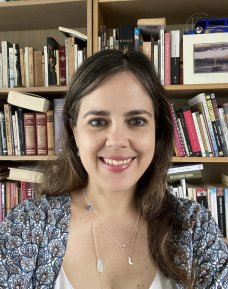
Santa Ana Downtown, Costa Rica
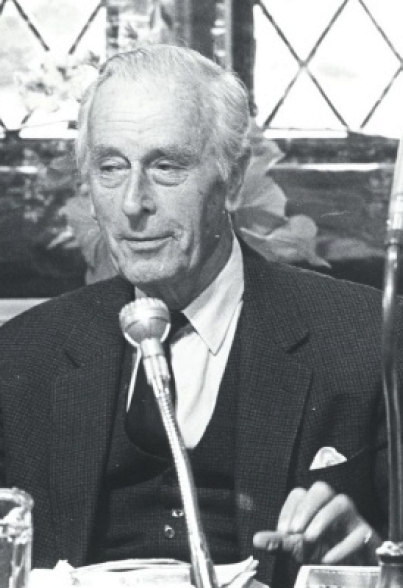
Bosnia and Herzegovina, Pearson College UWC (2014-2016)
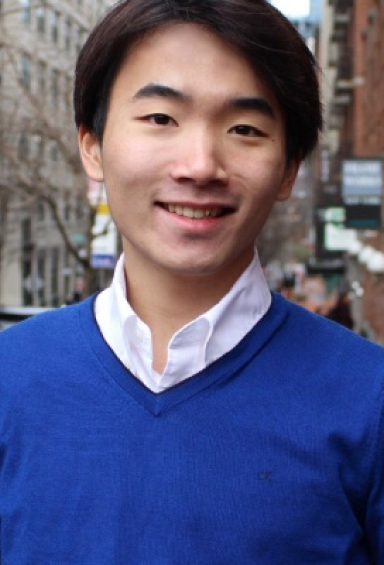
Bosnia and Herzegovina, Pearson College UWC (2014-2016)
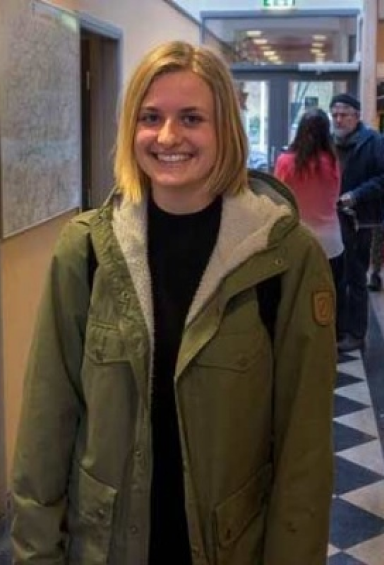
Bosnia and Herzegovina, Pearson College UWC (2014-2016)
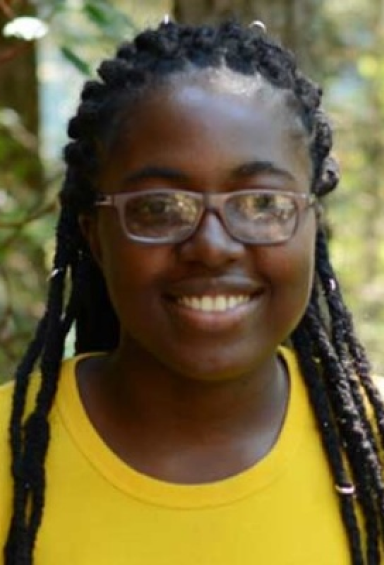
Bosnia and Herzegovina, Pearson College UWC (2014-2016)